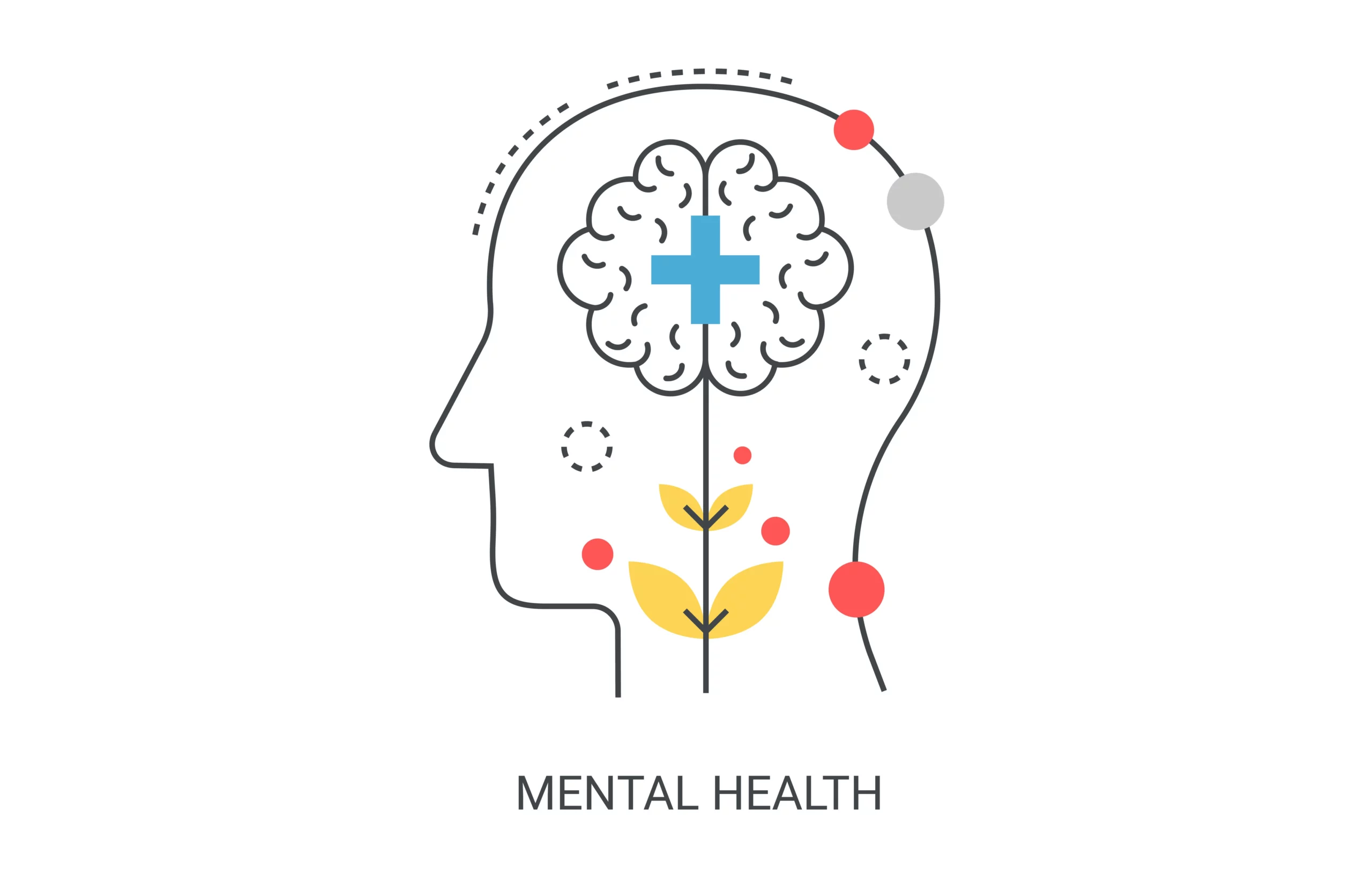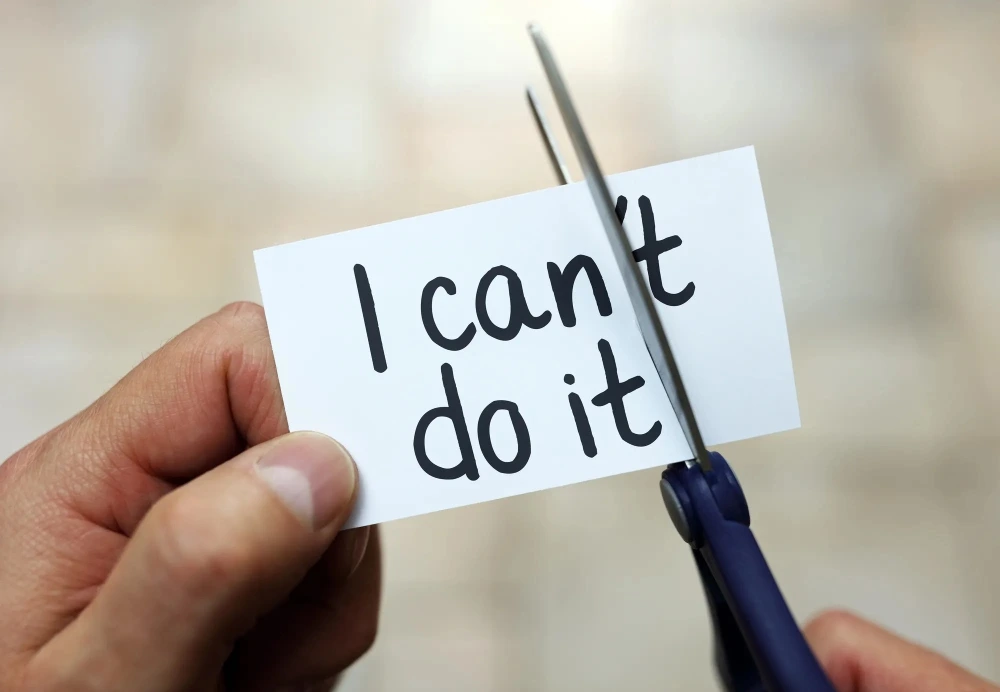How to Cope With Stress as a College Student: Practical Strategies for Managing Your Mental Health
Written by Ernesto Gomez · August 11, 2025 · 8 min read

How to Cope With Stress as a College Student: Practical Strategies for Managing Your Mental Health
Academic pressure is horrible. Stress in its worst form makes us feel perpetually tired, sluggish, unmotivated, stuck in a spiral of paralysis and pessimism. An increase in anxiety and burnout, social withdrawal, even depression, all things nobody wants to go through, are made worse through unchecked stress and academic pressure.
The goal of this article is not to get rid of stress entirely, as some stress is necessary to get us going, but instead, to learn how to manage it and test its limits in a healthy way. Included in this article will be some popular strategies on how to manage your stress. But please keep in mind that what might work for someone else, might not work for you; be open minded, and be willing to try and discard at your own leisure, that is all we ask.
Stress should always be the wind in the sails of your ship, but never the captain at the helm steering it.
Healthy Stress And Its Benefits
Before we tell you what you have to do to cope with your stress as a working student, first we must make one thing clear; what healthy stress looks like and how it benefits you. This will allow us to know how healthy or unhealthy you are in your stress levels and make things much easier for you.
Imagine good stress as a healthy tension, an energy that pushes you to occupy yourself with tasks for the day. According to Yerkes-Dodson law (https://www.verywellmind.com/what-is-the-yerkes-dodson-law-2796027), stress can improve your performance in your tasks, up to a certain point before you become overwhelmed. Moderate forms of stress are appropriate a lot of the time, it gives us focus, and urgency to finish a task so we can move on to something else. Stress is at its best when it motivates us to do our best. “Good” stress, or as the “The American Psychological Association” (APA) defines it, eustress, makes us feel challenged but in control of our actions and outlook.
A sense of preparedness comes in naturally with moderate stress, academic or otherwise. Mentally, physically, emotionally, a healthy form of tension, balanced with self-care and recreation does not create a slacking mentality, but bolsters and strengthens our resilience to keep going.
Strategies For Stress Reduction & Management
Everyone experiences stress differently, which means different strategies work for different people. When stress is long term, like chronic stress, it can most definitely lead to long-term health problems. Students are vulnerable to this more than others due to how demanding the academic setting can be sometimes.
Learning how to cope, reduce and manage stress is an important skill to learn as an adult, one that few ever bother to teach us. Taking small steps in our daily lives is what creates a big impact later on. Everyone manages stress in their own way, and you can find what triggers your stress and find the right combination of techniques that work for you that way. Something as simple as calming tea, breathing exercises, breaking down tasks into more manageable chunks and rearranging your schedule to make more time to study while still relaxing are just some examples you can go with, but remember that different techniques are meant for different people and different goals.
Support Systems
One underrated aspect of stress reduction is taking advantage of support networks and systems already in place. Speaking to friends and family can seem like a no-brainer for most, but it can really help to just have someone listen to you pour out all the reasons why you are so stressed and anxious about everything.
You can also take advantage of hotlines that are specifically about mental health support and stress reduction, such as Suicide Hotline (https://988lifeline.org/), The Anxiety Hotline (https://mentalhealthhotline.org/anxiety-hotline/), among many more. Or take time with friends to lounge about and do something personally relaxing. Please take advantage of all the resources at your disposal.
Routine And Mindfulness

Making plans and organizing your own thoughts can sometimes help combat feelings of stress. When you have your objectives planned out, suddenly all of those doubts are physical, tangible in a piece of paper, and you can discard projects or schedule your own work to make things more manageable for you. Make priority charts, schedule a certain amount of time for each task; study, work, class and time for yourself and learn to say no, even if you fear being mean or inconsiderate.
One big part is to tune your sleeping schedule to better fit your needs. An irregular sleeping schedule can worsen your stress. Taking 20 minutes (https://www.healthline.com/health/stretching-before-bed) to stretch before bed can greatly increase your restfulness and vitality.
I would personally recommend it to curate your online experience especially around the end of the day. Tiktok is entertaining, but allowing an algorithm to decide what you see before you sleep can leave you with some uncomfortable images, especially with our negativity bias. Curating your online experience, seeking content that you enjoy most of all, can do wonders, remember that you still have to sleep.
Mindfulness plays a very important role in reducing stress. Essentially, mindfulness is all about being in the present moment, about blocking out past and future, focusing while performing a task. Spending too much time planning, scheduling and problem-solving can be draining. Mindfulness is all about the calmness of stillness and the present; breathing methods, guided imagery and other practices like meditation also work towards mindfulness.
Take time to experience your environment, touch, sight, sound, smell, taste. Savor your food a little longer, to truly enjoy it. Try to accept yourself, treating yourself like a good friend. And when you have negative thoughts, take a second to breathe, feel it move in and out of your body. Sitting and breathing, even for just a minute while keeping your mind in the present can help greatly.
Focus on the present experience, focus your attention slowly on each part of your body, be aware of any sensations, like checking on yourself. Then return to the task when you feel ready, but do not allow your hesitance to turn to fear, because then it could become a reflex of incoming anxiety and running away from what makes you anxious.
Being mindful is all about what fits you, anywhere, anytime. Aim to practice mindfulness every day, until what you learn becomes a part of who you are and how you operate.
Changes In Diet And Self-Esteem
A change in diet is not a sure-fire antidote for stress, but it is a step in the right direction. Pistachio, warm oatmeal, oranges, all well and good. But a change in diet like lowering your caffeine is very important. A poor diet can actually increase your stress levels. Of course, your diet should be custom built to your needs but much like my previous recommendations on this section, there are other great foods you can use.
- Herring
- Sardines
- Avocados
- Beef and other meats
- Yogurt
- Broccoli
- Carrots
Some foods are full of beneficial bacteria or help you unleash certain brain chemicals that help in your mood and mental health. But you should always consult health experts and do independent research, particularly if your financial or physiological situation is unique to you.

Now, self-esteem is all about our self-worth and self-value, and we all know that it's hard to even like yourself on some days. Stress can do a lot worse to you, as your ability is hampered, so is your opinion of those abilities. Some things you can do to help your self-esteem is incorporating exercises into your routine. You can write down negative thoughts and reflect upon where they come from, write evidence of the contrary and even make a list of things you have accomplished or like about yourself. All of which would be done at the end of the day to finish it with good thoughts and emanations.
Self-esteem is reminding yourself of all the great things you have already accomplished, not as proof of your worth, but as a way to appreciate who you are.
Other exercises you could do to increase your self-esteem is practicing affirmations specifically targeted to your insecurities. Don’t compare yourself to others, especially those who are older or more experienced than you. We all march forward at our own pace, as long as we are all working towards that objective, the pace will always be the best.
When Should You Ask For Help?
I will not lie to you, asking for help and accepting that you have to change are some of the hardest things anyone can do. But it is possible, and I encourage you to be aware. Challenge your negative thoughts and don’t let them become subconscious and constant, of course. But a clear sign that you should ask for help is when your stress and anxiety is significantly interfering with your daily life.
There are many resources online that can help you get the help you need. One online resource you can reach the Crisis Text Line (https://www.crisistextline.org/), NAMI HelpLine (https://www.nami.org/support-education/nami-helpline/) and even find therapists to speak with at Psychology Today (https://www.psychologytoday.com/us/therapists).
I know that things are hard and we all feel like quitting, and maybe on some level you already have. But I need you to know that despite everything, it will come to pass. You are doing everything you are supposed to do.
Be proud of yourself, because I assure you that many people are.
Many thanks for reading.



